Hegseth says US will not be ‘pushed out’ of Indo-Pacific, calls on allies to boost defense spending
“China has demonstrated that it wants to fundamentally alter the region’s status quo,” Hegseth said at the annual Shangri-La Dialogue security summit in Singapore. “We cannot look away and we cannot ignore it.”


Secretary of Defense Pete Hegseth delivers remarks at the 22nd Shangri-La Dialogue in Singapore, May 30, 2025. (DoD photo by U.S. Navy Petty Officer 1st Class Alexander Kubitza)
SINGAPORE — US Secretary of Defense Pete Hegseth used a key address here in Singapore to assert that while the US doesn’t seek war with China, it also will not be pushed out of the “critical” Indo-Pacific theatre. Nor will it allow its partners and allies in the region to be “subordinated and intimidated.”
“China has demonstrated that it wants to fundamentally alter the region’s status quo,” Hegseth said to a large audience at the opening plenary session of the of the annual Shangri-La Dialogue security summit in Singapore. “We cannot look away and we cannot ignore it.”
Nevertheless, he called on countries in the region should follow their European counterparts and increase their defense spending — in line with the Trump administration’s vocal call for global partners to lean less on direct US support.
RELATED: AFRICOM chief warns China attempting to ‘replicate’ US assistance as Washington pulls back
Speaking before an audience that included high-level officials from several Asian and Pacific nations, Hegseth accused China of wanting to “dominate and control” many parts of the region. It is doing so through its massive military buildup and growing willingness to use military force to achieve its goals, including via gray zone tactics and hybrid warfare, he said.
“We are watching very closely China’s destabilizing actions. And any unilateral attempt to change the status quo in the South China Sea and the First Island Chain by force or coercion is unacceptable,” he said. “Every day you see it. China’s military harasses Taiwan.”
One of the ways Washington hopes to deter Beijing is by first by improving forward force posture of US forces in the region, citing the example of the deployment more advanced US military capabilities to the Philippines and the planned live-firing of the Typhon Strategic Mid-range Fires System in Australia later this year.
The event will take place in July during the Talisman Sabre exercise, marking the first firing of the weapon outside of the US.
Elsewhere in the speech, Hegseth took a thinly veiled swipe at the absence of China’s defense minister from the event, noting that “we are here this morning, and somebody else isn’t”.
He struck a vastly more conciliatory tone towards regional US allies and partners in his speech, a stark contrast to his remarks at the Munich Security Conference in Germany in February, where he demanded European allies increase defense spending and do more for security in their own region.
Nevertheless, he called on regional countries to increase their share of the burden in the region’s defense, noting that a strong, resolute and capable network of allies and partners is the key strategic advantage of the US that is envied by China.
“It is hard to believe I can say this, but Asian allies and partners should look to countries in Europe as a newfound example. NATO members are pledging to spend 5 percent of their GDP on defense, even Germany,” Hegseth said.
RELATED: NATO summit could see 5% spending pledge, but it’s not that simple, analysts say
This will enable the US to better support allies and partners as they strengthen their own defense capabilities and capacity and empower these countries to become partners instead of dependents and working more capably with the US, he said.
During the question-and-answer session following his speech, Hegseth was asked about the redeployment of a Patriot air defence missile battalion from South Korea to the Middle East and the cancellation of a planned Coast Guard cutter Indo-Pacific patrol in favor of a deployment to waters off the southern borders of the US.
Hegseth said the movement of the Patriot missile unit was a “short term” trade off to protect US forces in the Middle East ensuring freedom of navigation there. But he pledged that the operations against the Houthi drone and missile threat would remain limited in scope “and would not spiral into something bigger.”
As for the cutter, Hegseth argued that securing the southern border was the key focus of the Trump administration “from Day One” and “all resources necessary” would be allocated for the mission.








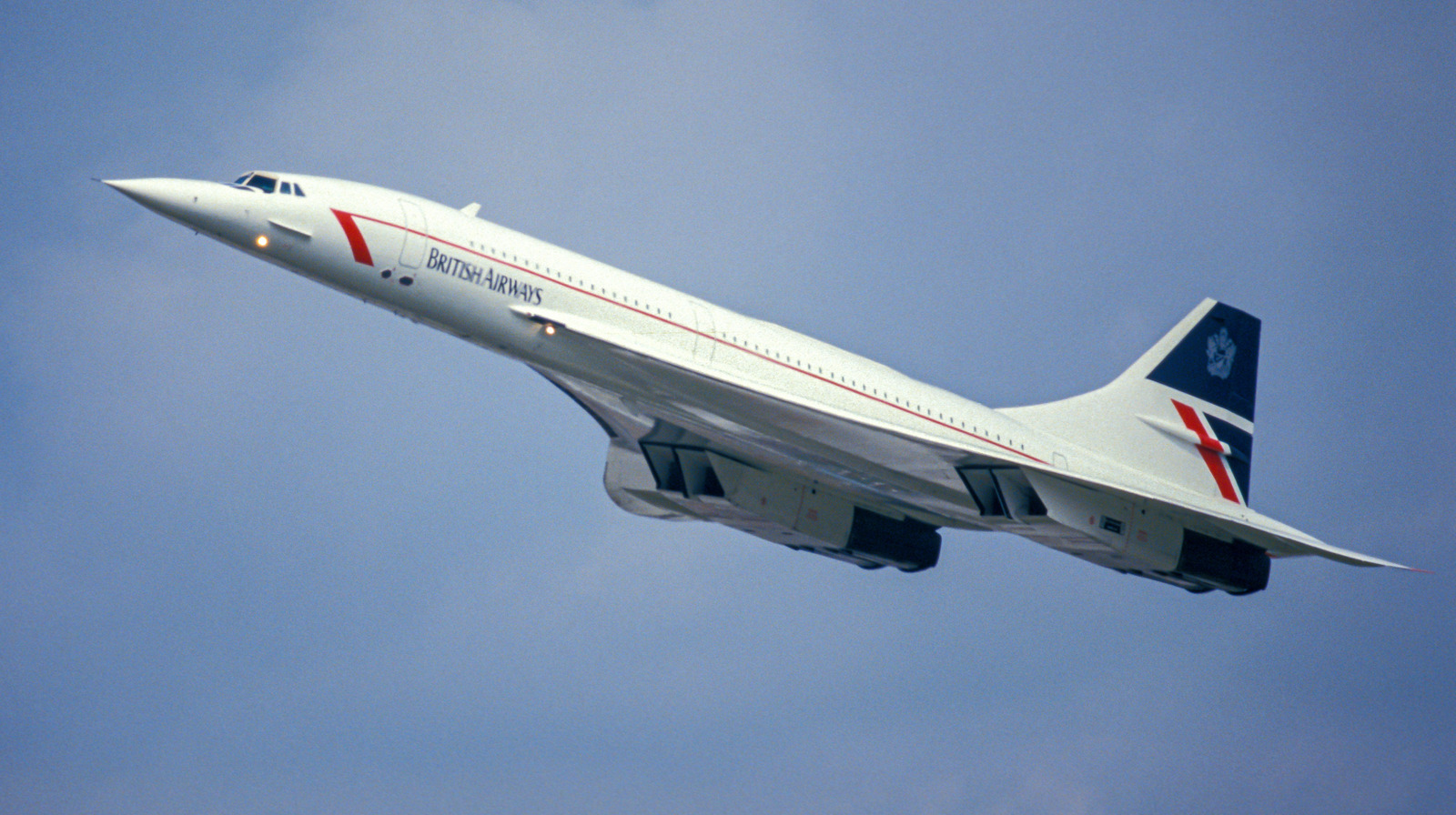
















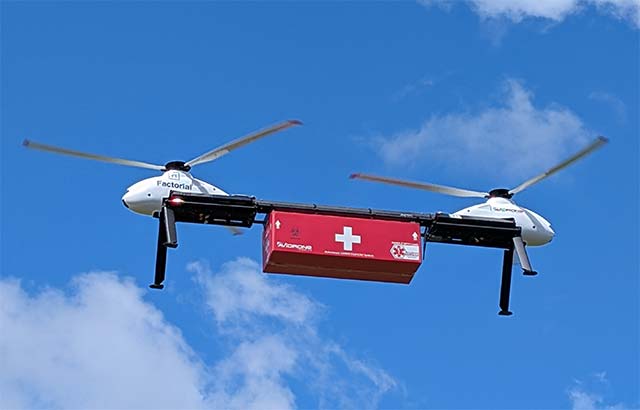























































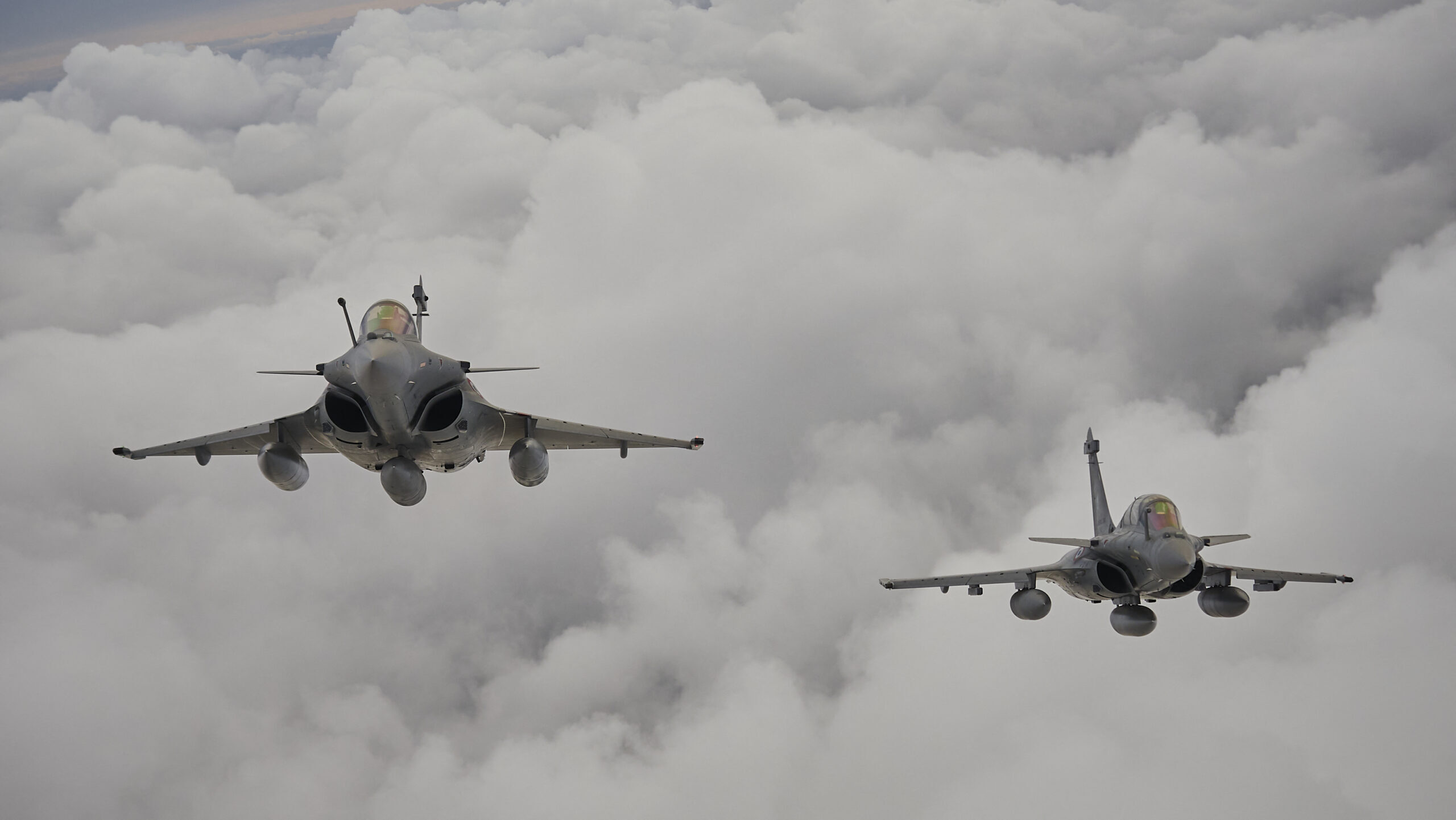

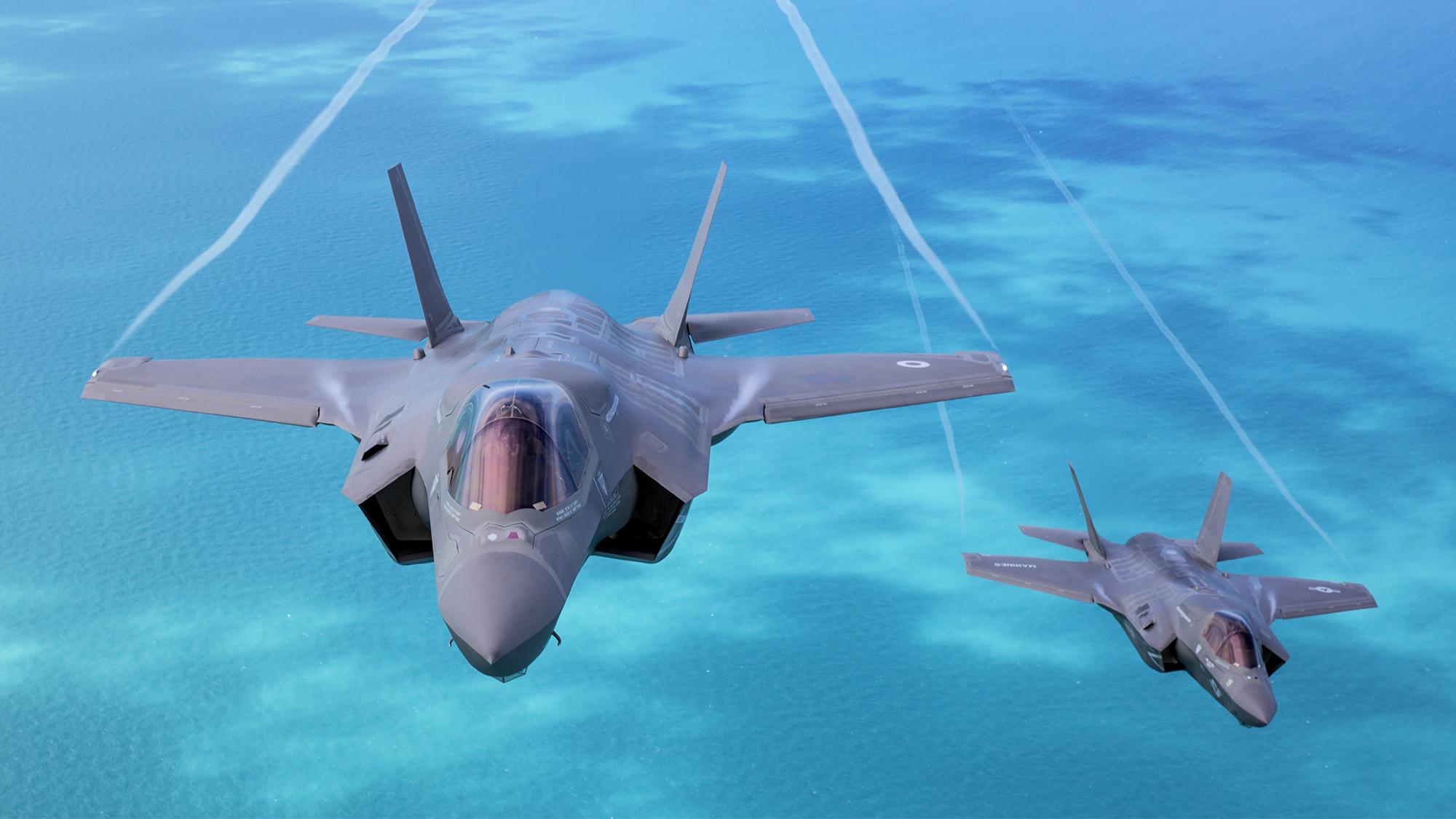
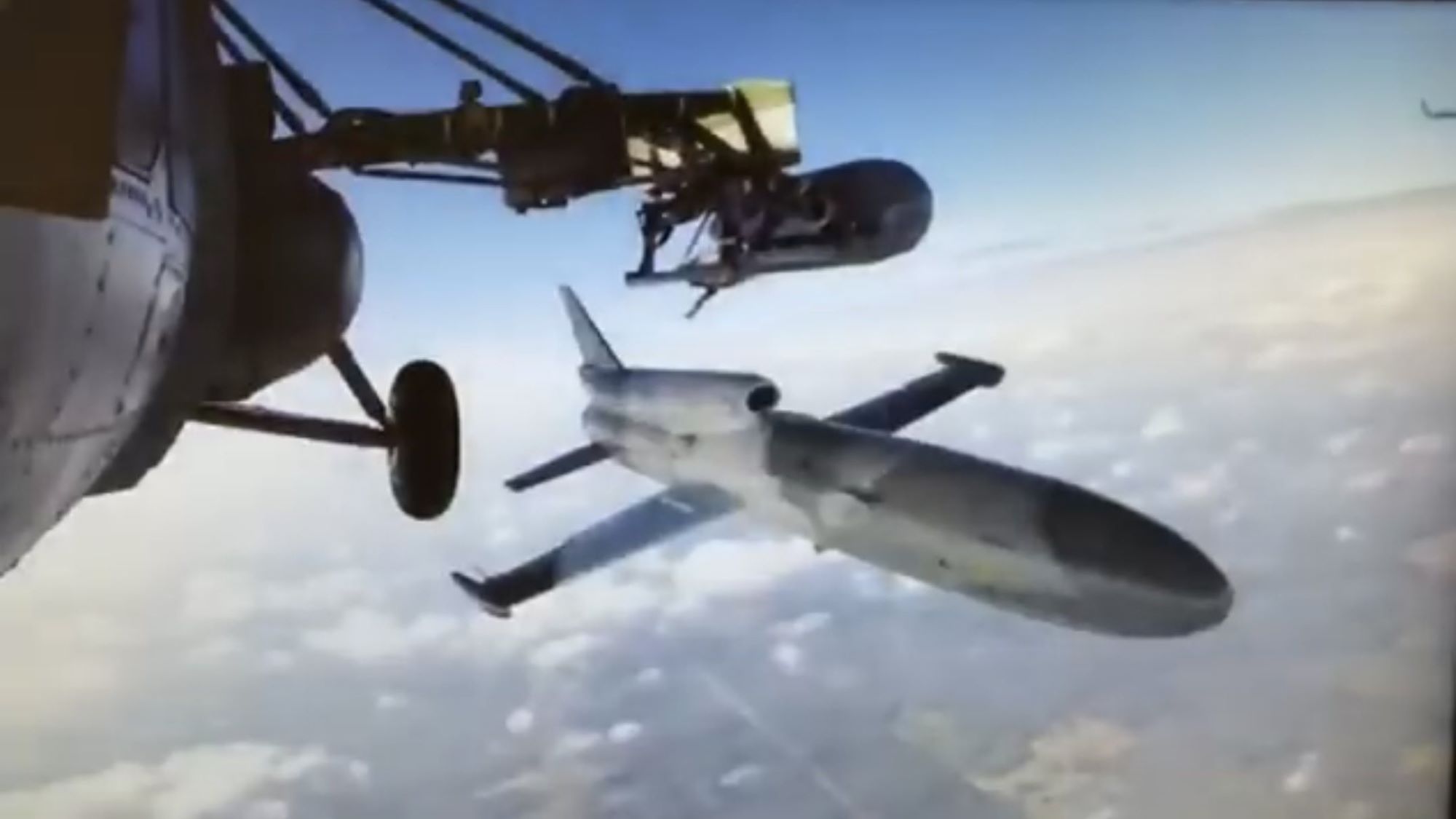














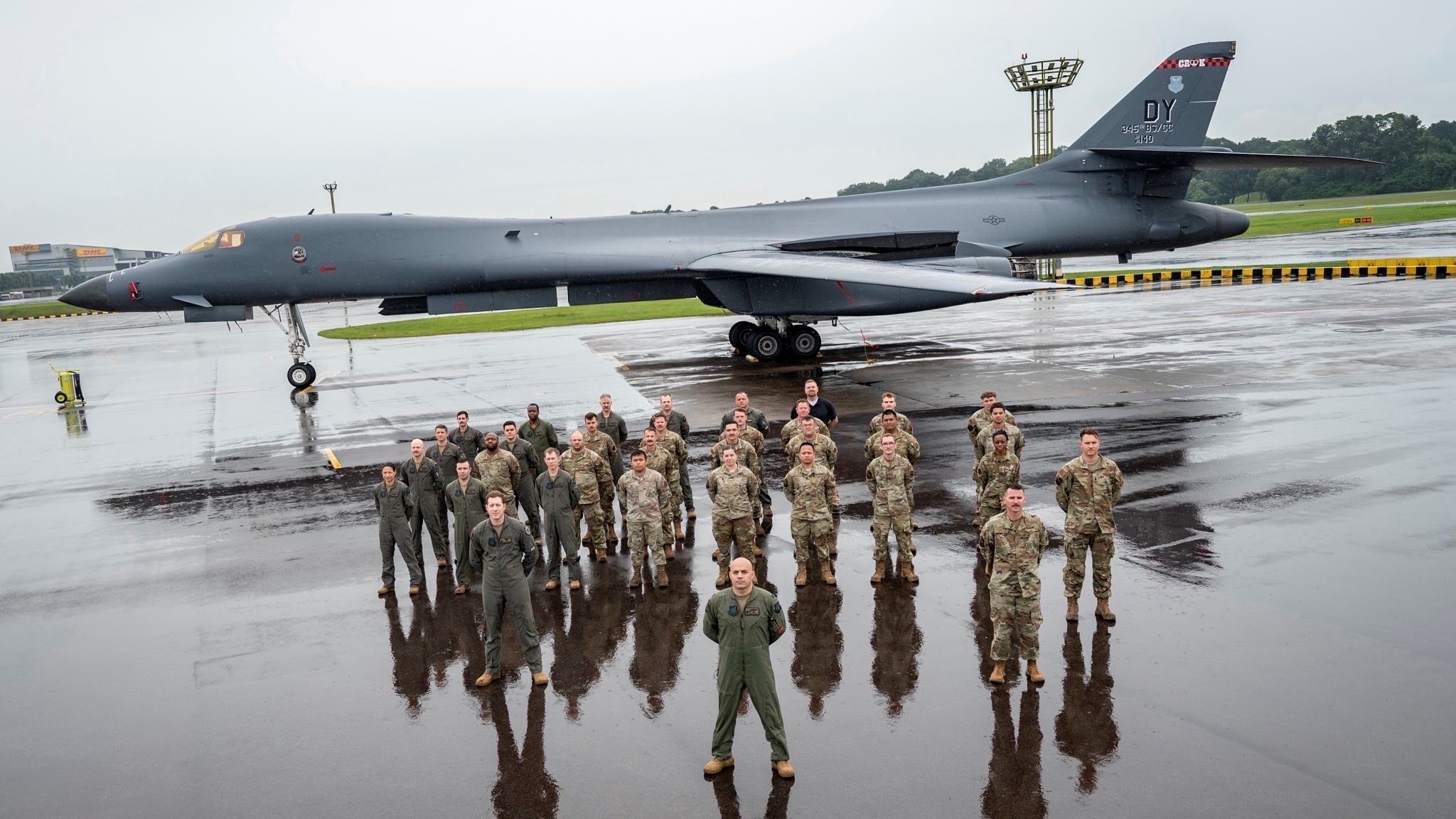




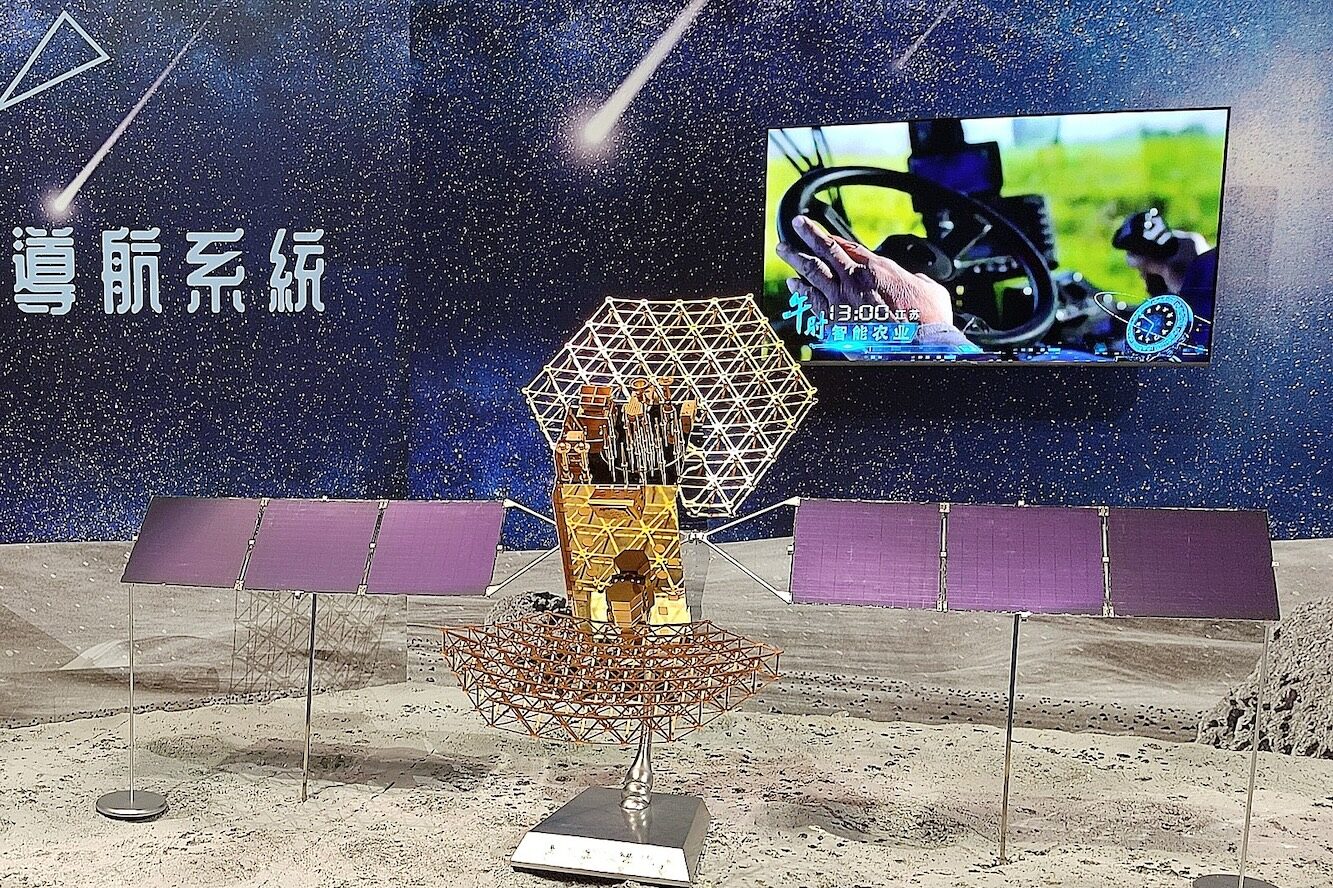
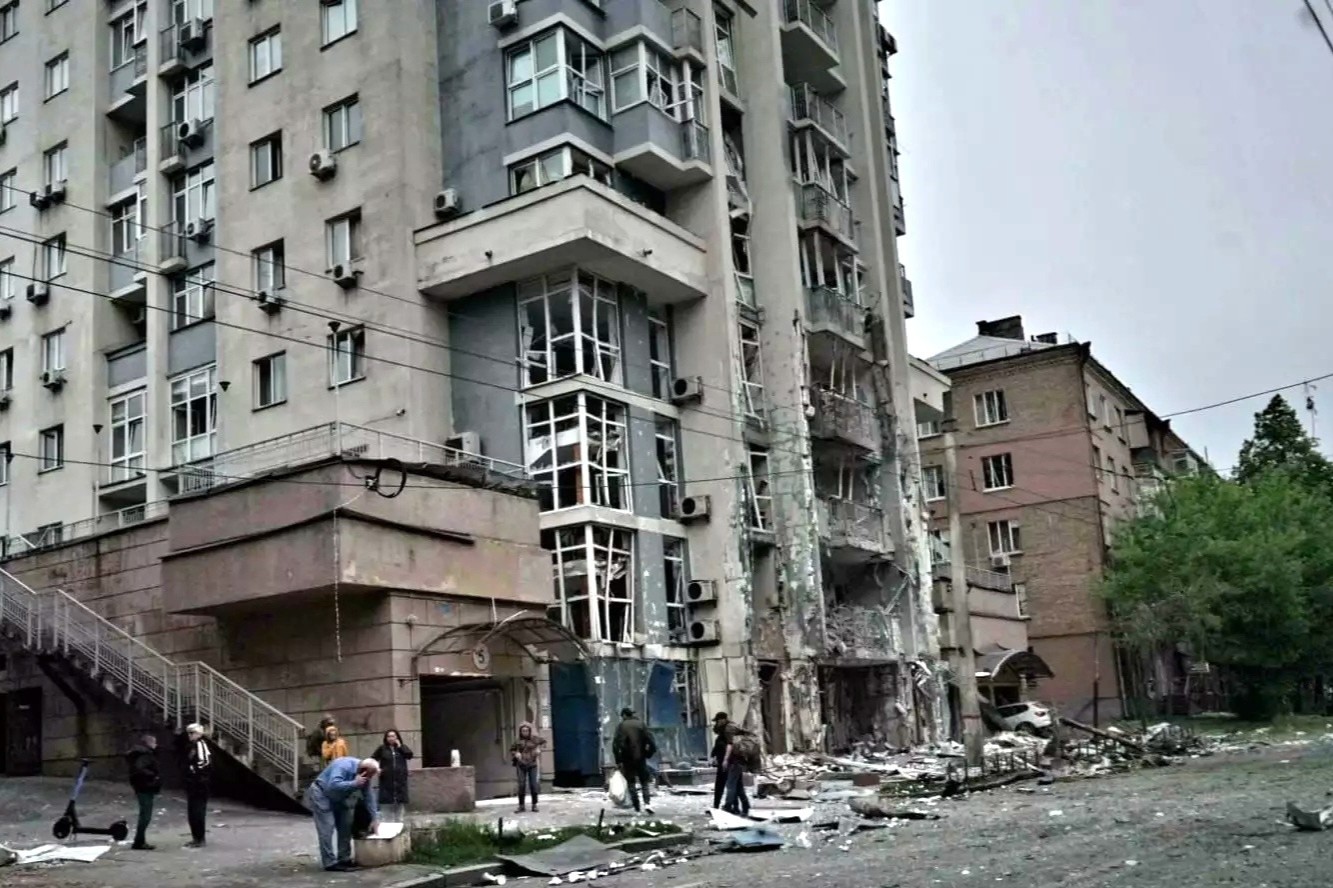

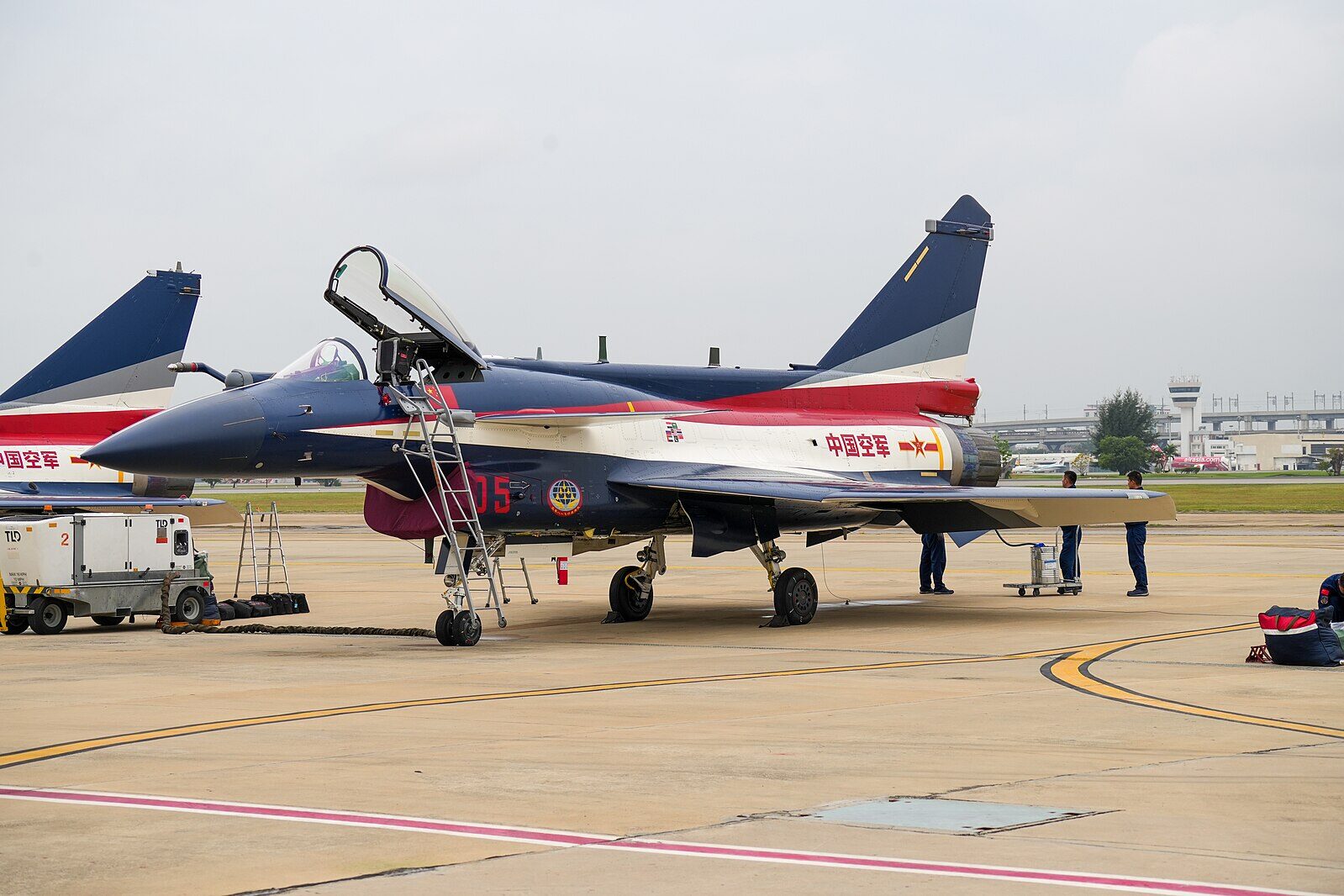





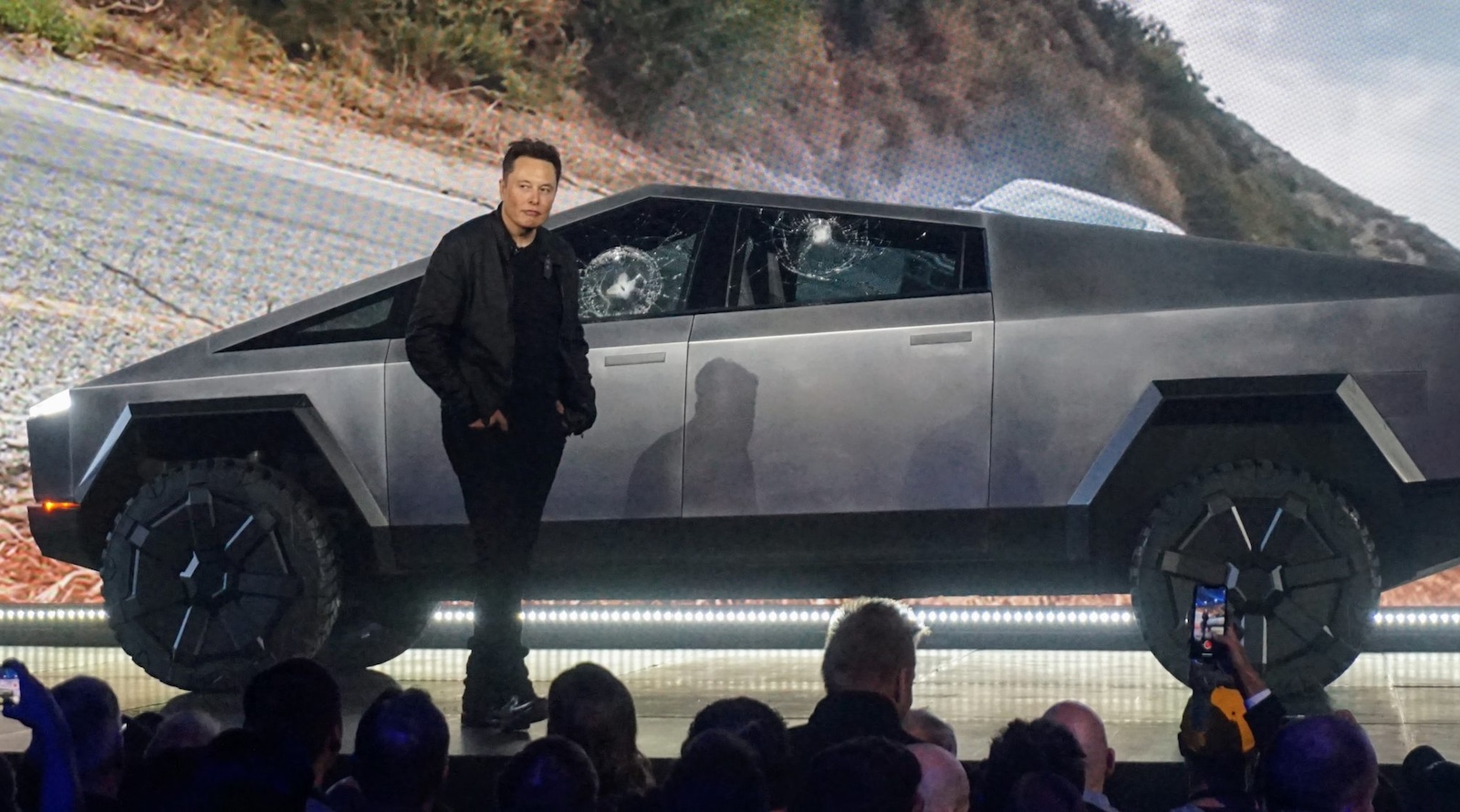
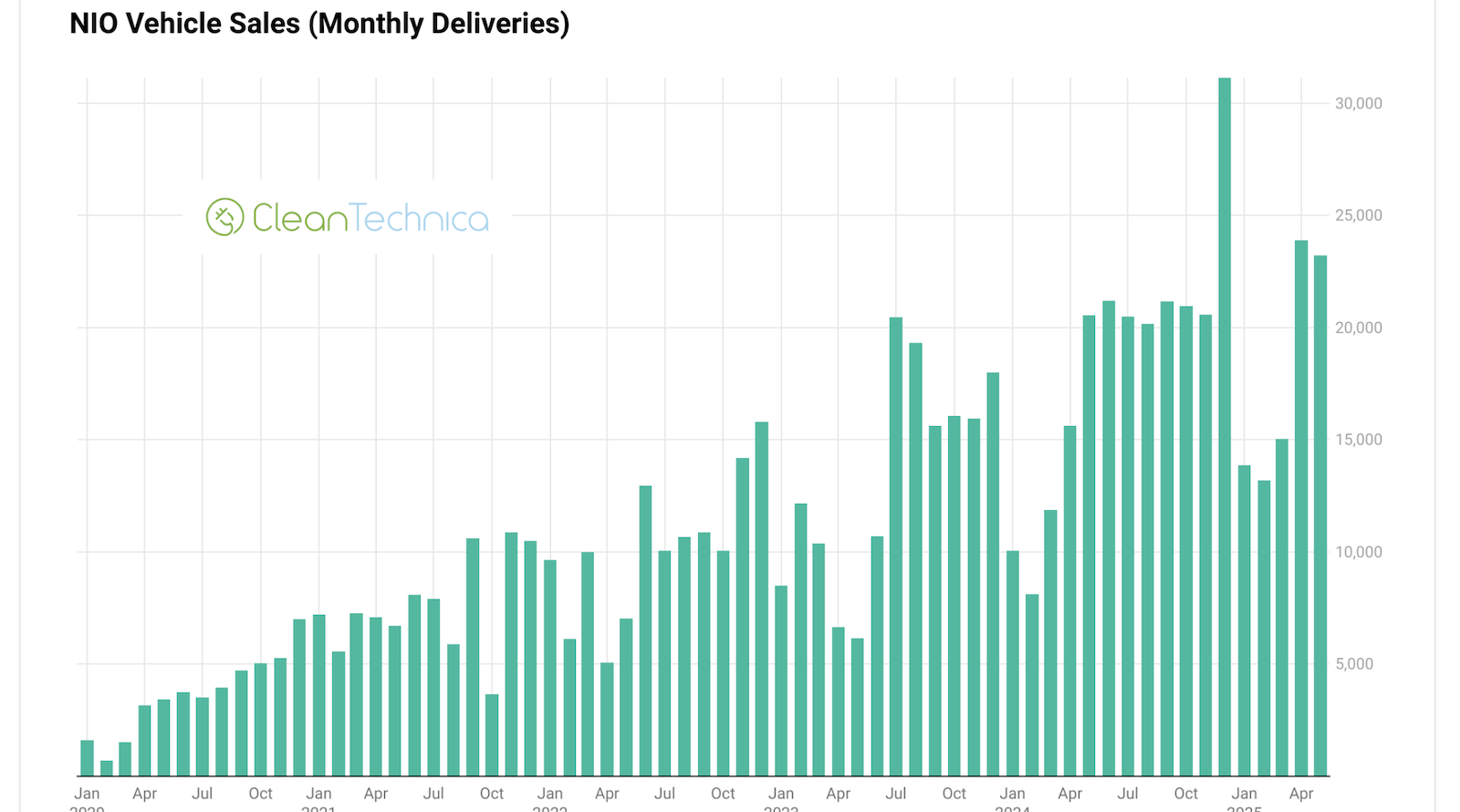
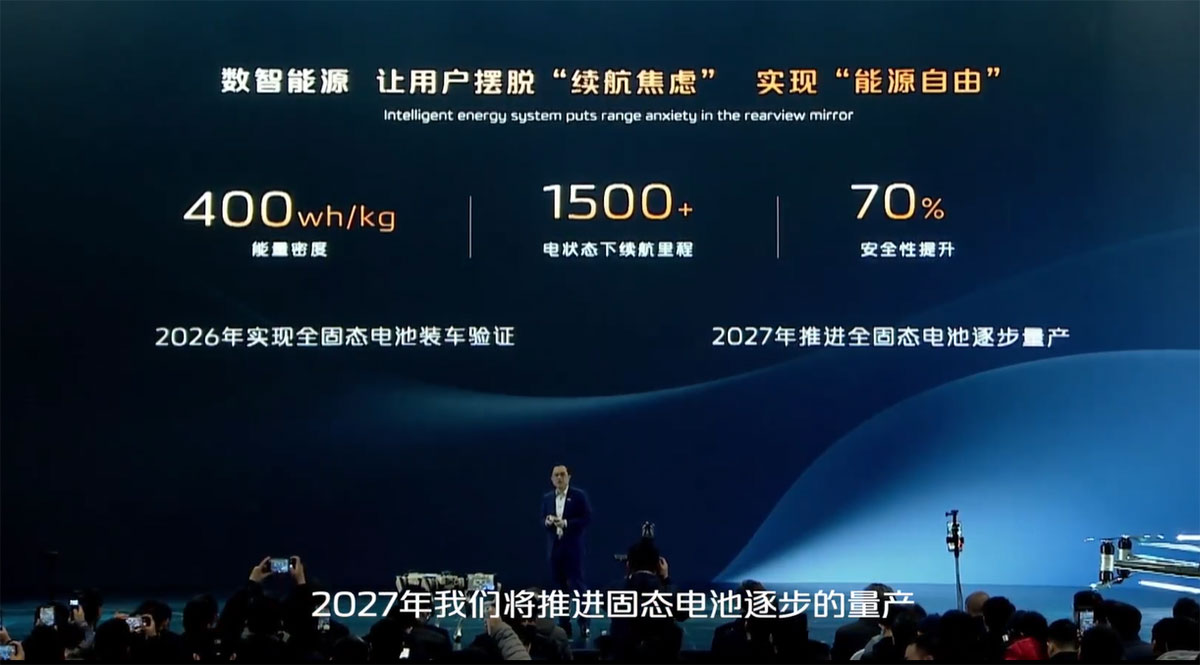






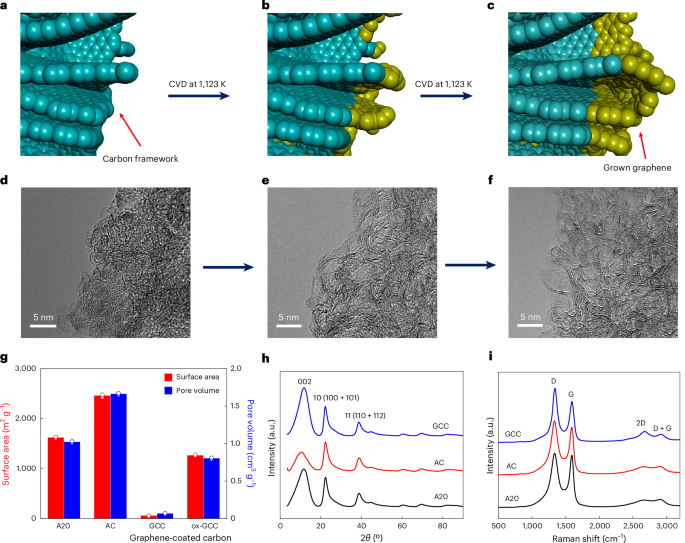













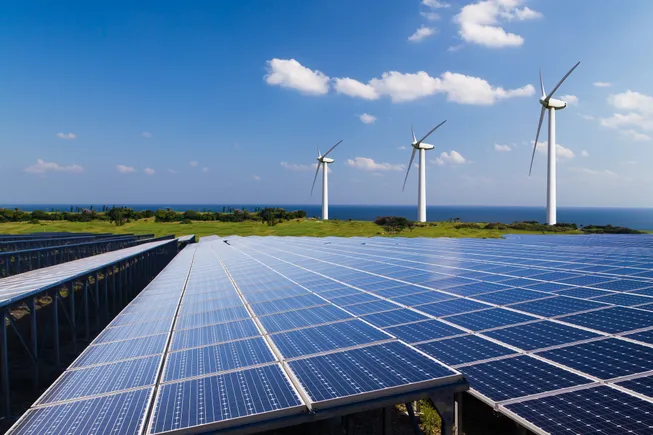



![The F-35’s future: The world’s most advanced stealth fighter and what comes next [Video]](https://breakingdefense.com/wp-content/uploads/sites/3/2025/03/8477353.jpg?#)

